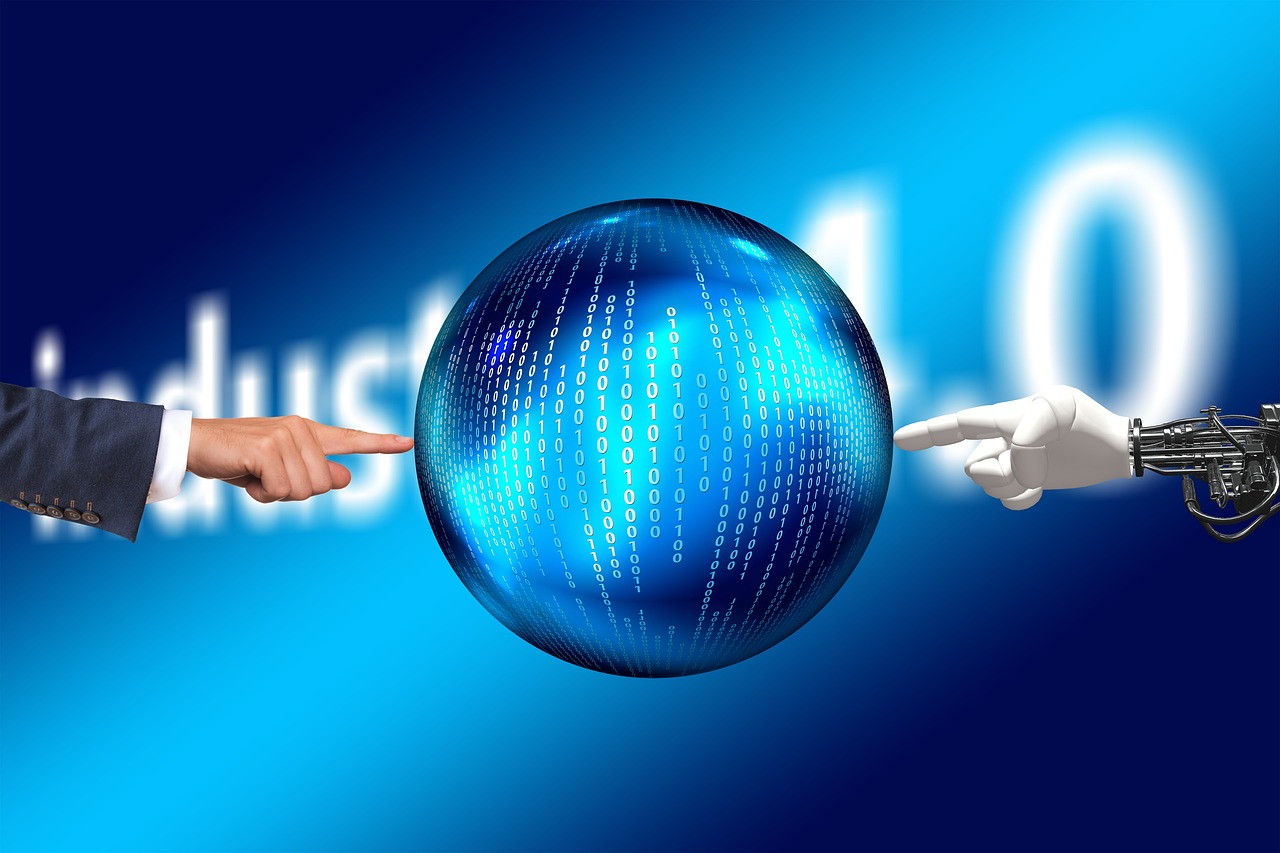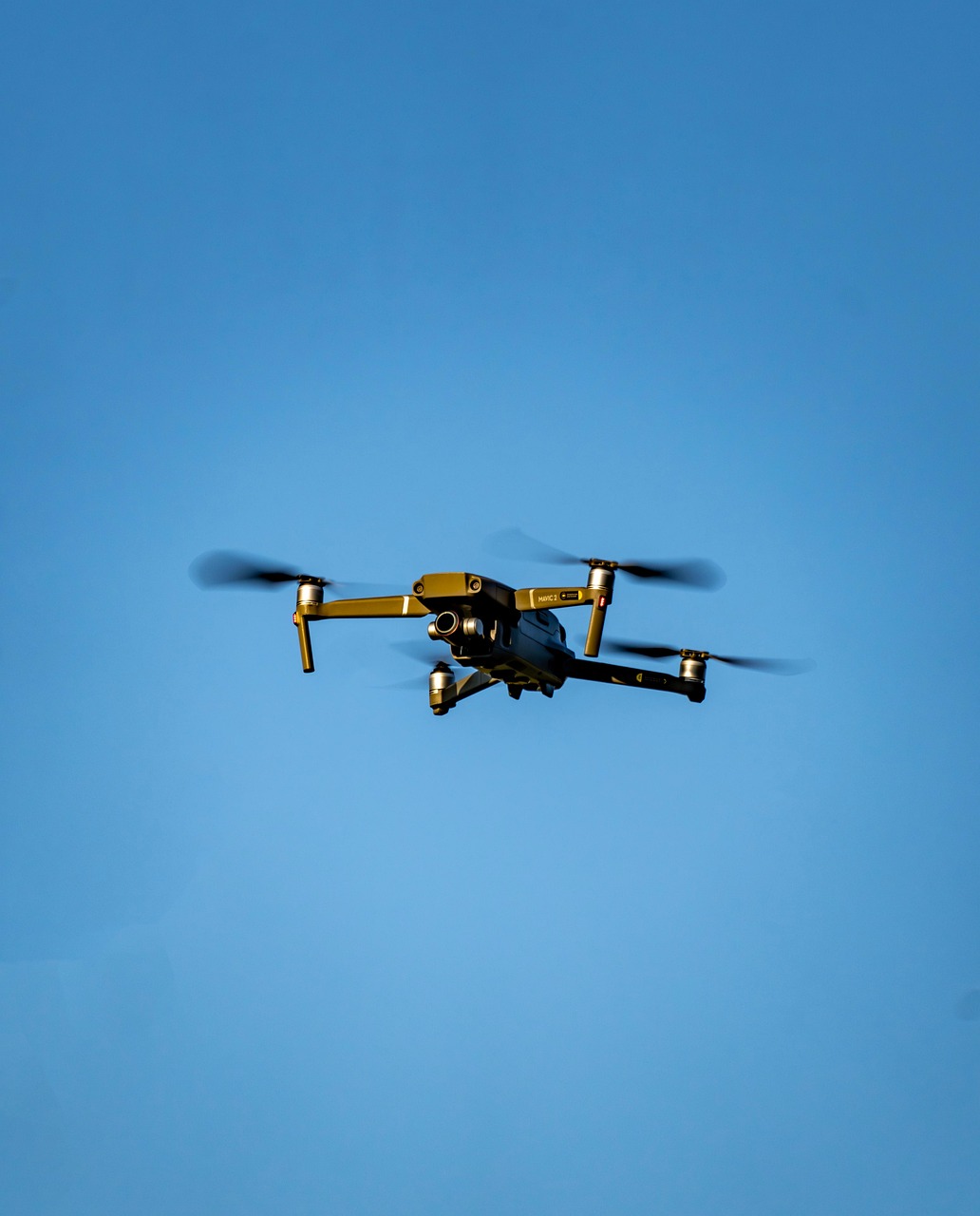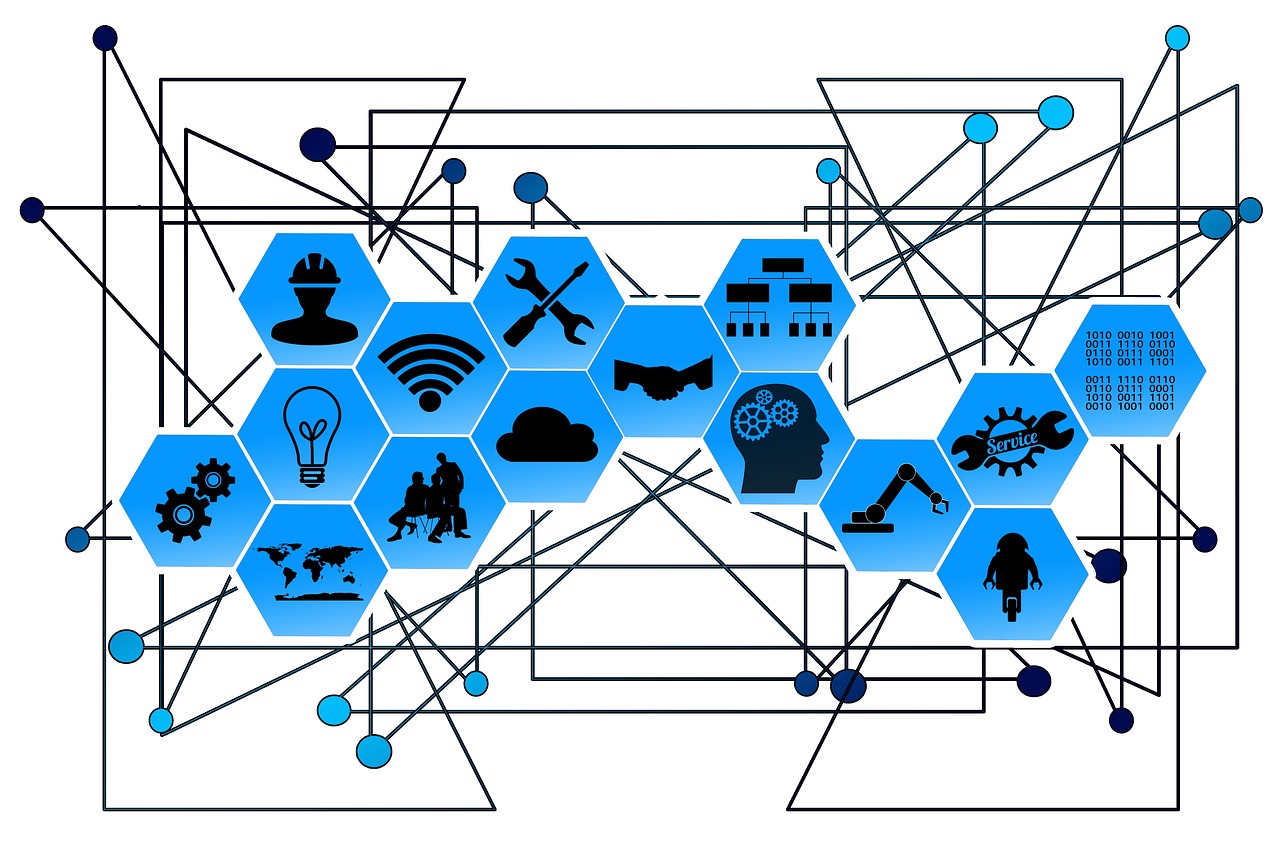Explore the ethics of automation and how to balance innovation with human impact. Discover how automation affects jobs, society, and the future of work.
Automation is transforming the modern world, revolutionizing how we live, work, and interact. From AI-driven decision-making to self-operating machines in factories, automation has brought incredible advancements in efficiency and productivity. However, this rapid progress raises critical ethical questions: What is the human cost of automation? How can we ensure that technological innovation benefits society as a whole?

In this article, we explore the ethics of automation, focusing on how to balance progress with its human and societal impact.
Automation refers to the use of technology—such as artificial intelligence (AI), robotics, and machine learning—to perform tasks with minimal or no human involvement. It is widely used in:
- Manufacturing and logistics
- Finance and banking
- Healthcare diagnostics
- Transportation (e.g., autonomous vehicles)
- Customer service (e.g., chatbots)
While automation offers undeniable advantages, it also introduces significant ethical concerns.
Before diving into the ethical challenges, it’s essential to acknowledge the positive aspects of automation:
Automated systems can complete tasks faster and with fewer errors than humans.
Businesses save money by reducing labor costs and improving resource management.


In high-risk environments like mining or chemical plants, automation reduces the risk to human workers.
Automation allows industries to scale and innovate faster than ever before.
Despite these benefits, automation creates several ethical dilemmas that must be addressed.
As machines replace human labor, many workers—especially in low-skilled sectors—face unemployment or the need to reskill. This can increase income inequality and social unrest.
Who is responsible when an automated system fails or causes harm? Algorithms used in critical systems (like healthcare or criminal justice) must be transparent and auditable.
AI systems can unintentionally perpetuate societal biases if they are trained on biased data sets. This can lead to discriminatory outcomes in hiring, lending, or law enforcement.
Over-reliance on automation may lead to the erosion of critical thinking, decision-making, and personal responsibility.
To ensure that automation benefits everyone, ethical considerations must guide its development and implementation.
Automation should augment human abilities rather than replace them entirely. Systems should prioritize transparency, fairness, and inclusivity.

Governments and businesses must prepare the workforce for the future by offering reskilling programs, especially in technology and digital skills.
Clear policies and ethical guidelines are essential to ensure accountability in automated systems. This includes data privacy laws, algorithm audits, and industry standards.
Ensure that the benefits of automation are shared across all sectors of society, not just large corporations or tech-savvy populations.

- Amazon’s automated warehouses boost efficiency but raise concerns about worker conditions and surveillance.
- Self-driving cars reduce traffic accidents but face ethical dilemmas in split-second decision-making during crashes.
- AI in hiring helps process applications quickly but has shown biases against certain demographics if not properly managed.
The future is not about choosing between humans and machines—it’s about collaboration. Ethical automation can lead to:
- Hybrid workplaces, where humans and machines work side-by-side
- New job categories, such as AI trainers, ethicists, and automation supervisors
- Flexible work environments, supported by intelligent systems and tools
The march of automation is unstoppable, but its direction is not. By addressing the ethics of automation, we can ensure that progress doesn’t come at the cost of people. It’s our responsibility to create a future where technology empowers rather than replaces humanity. Balancing innovation with empathy and foresight is the key to a truly sustainable technological era.

